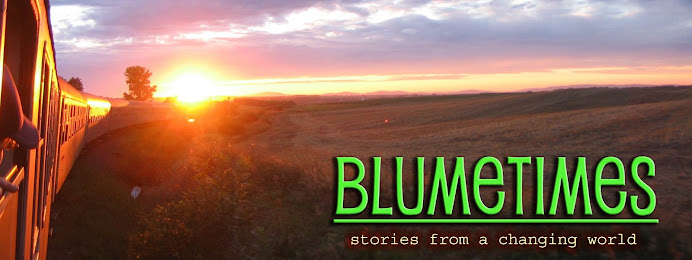This has to do with how I’m seeing the world right now. It’s divided into two camps: Things Which Help and Things Which Send Us Down The Crapper. It’s like at my gym, there’s a basket of disposable plastic razors on the counter as a courtesy to the members, which is very nice of them, but I look at it and all I see is a little tub of unbiodegradable planet death – only slightly worse than the disposable razor heads I use at home or all the pricey wax and waxing strips and other painful waxing accoutrements which get tossed in the garbage every time I’m looking to avoid 5’o’clock pit shadow.
But this isn’t about the ecological impact of smooth, hairless underarms. This is about jeans.
I love to wear jeans. Who doesn’t? But I also know that conventional cotton, from which jeans are made, is a highly toxic proposition. It’s grown with lots of oil-based fertilizers and pesticides, none of which are good for you. In fact the EPA considers seven of the top 15 pesticides used on U.S. cotton crops to be (air quotes) "possible, likely, probable, or known human carcinogens” – and all of which deplete the soil poison our ground water, and kill far more wildlife than just cotton-munching weevils. So, basically, cotton is hardly, as the ads say, the “fabric of our lives.” It’s more like the fabric of our demise.
Not to mention that the denim from which jeans are made has almost certainly been dyed, emitting chlorine, chromium, and other pollutants into the environment. Plus, the processes by which they texture jeans – stone washing and so on – involve pumice, which has to be mined. Also not good.
Then there’s all the shipping materials around the world, stuff made by toddlers in Chinese sweatshops which are powered by coal-fired plants, so you know coal, CO2, global warming, blah blah blah… Basically, when it comes to jeans, we’re talking many large paving stones on the road to Armageddon.


